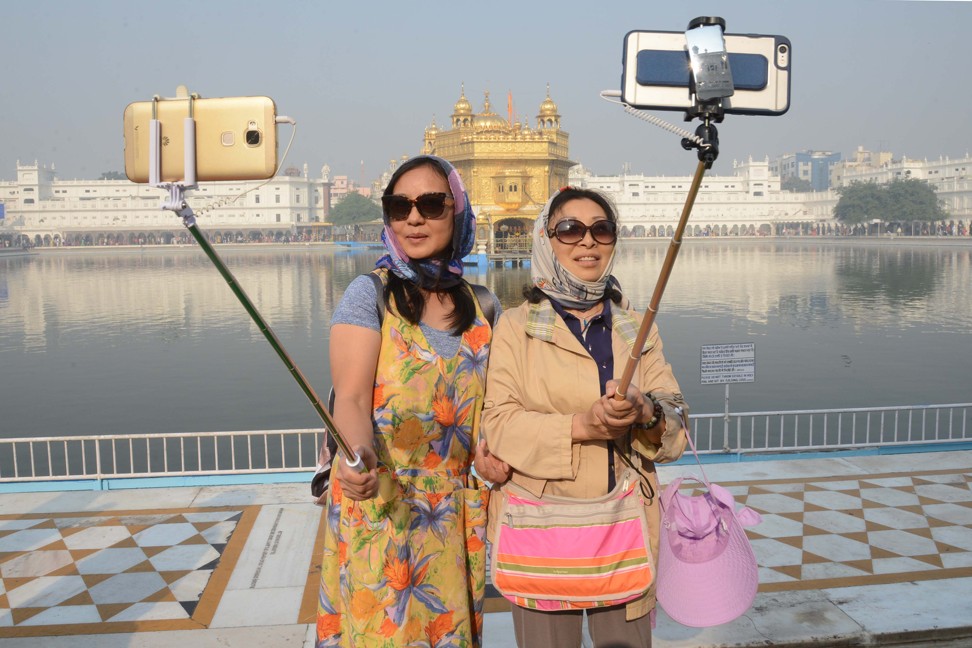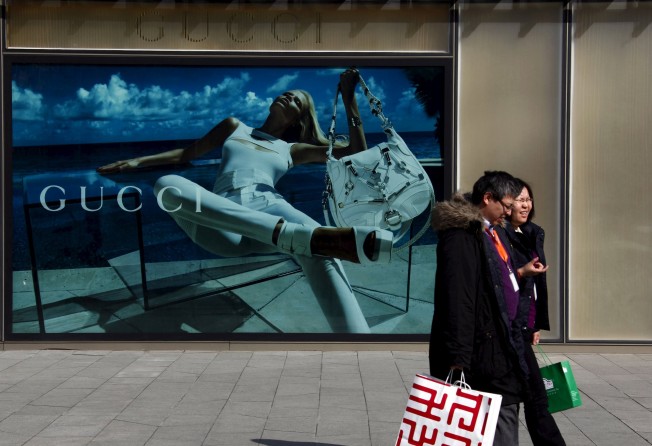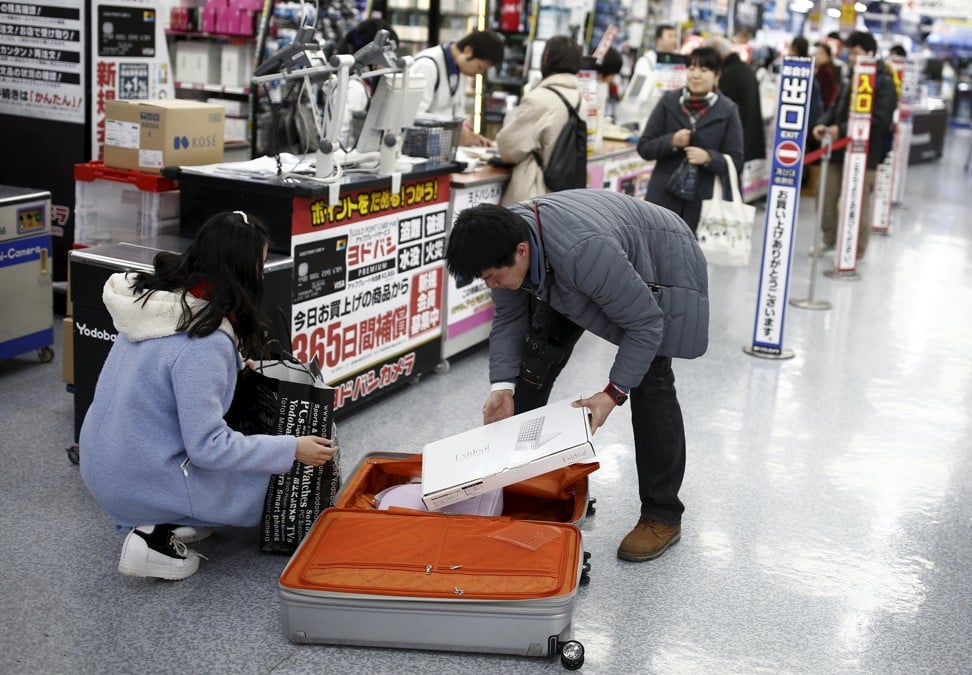
The world’s most voracious shoppers are now travelling for the feel and the thrill
The survey illustrates the impact on China’s consumption behaviour due to e-commerce and industries built around mobile internet. As retailing apps have proliferated, it’s now possible to buy almost anything, anywhere in China at the swipe of a thumb without having to set foot abroad.

Chinese tourists, whose voracious shopping for everything from milk powder to rice cookers and toilet seat covers have disrupted supplies all over the world and made substantial boosts to economies, are shifting gears. They’re increasingly travelling for the experience, not for shopping.
Shopping dropped to third place as the motivation for China’s 122 million outbound tourists last year, behind sightseeing, recreation and entertainment, according to a survey of 2,000 respondents by Oliver Wyman. In 2015, shopping was the second-highest motivation, the report said.
Chinese travellers are spending less, and budgeting less on overseas shopping, as the advent of online shopping on platforms like Alibaba Group Holdings’ Tmall Marketplace have brought Macy’s to China.
The waning of the popular practice of daigou (代購), or contract buying, is killing the long queues outside Hermes’ Paris flagship store, or for electric toilet seat covers in Tokyo’s Akihabara district.
Spending on shopping dropped 8 per cent last year, accounting for 33 per cent of travelling budget, compared with 41 per cent in 2015, even though they spent 3.5 per cent more in travelling last year.

The survey illustrates the impact on China’s consumption behaviour due to e-commerce and industries built around mobile internet. As retailing apps like Tmall, Taobao, RED and Netease’s Kaola have proliferated, it’s now possible to buy almost anything, anywhere in China at the swipe of a thumb without having to set foot abroad.
Businesses must adapt to understand the nuances and diversity of tourists’ preferences and motivations, Oliver Wyman said. One of the biggest shifts is that fewer Chinese are travelling alone, while the number of travellers bringing their children has increased significantly.

Still, there are tourists who travel to shop, known as “intent shoppers,” but they come from the lower income brackets, compared with more affluent travellers who already have everything and are seeking the joy of seeing and experiencing new places, Oliver Wyman said.